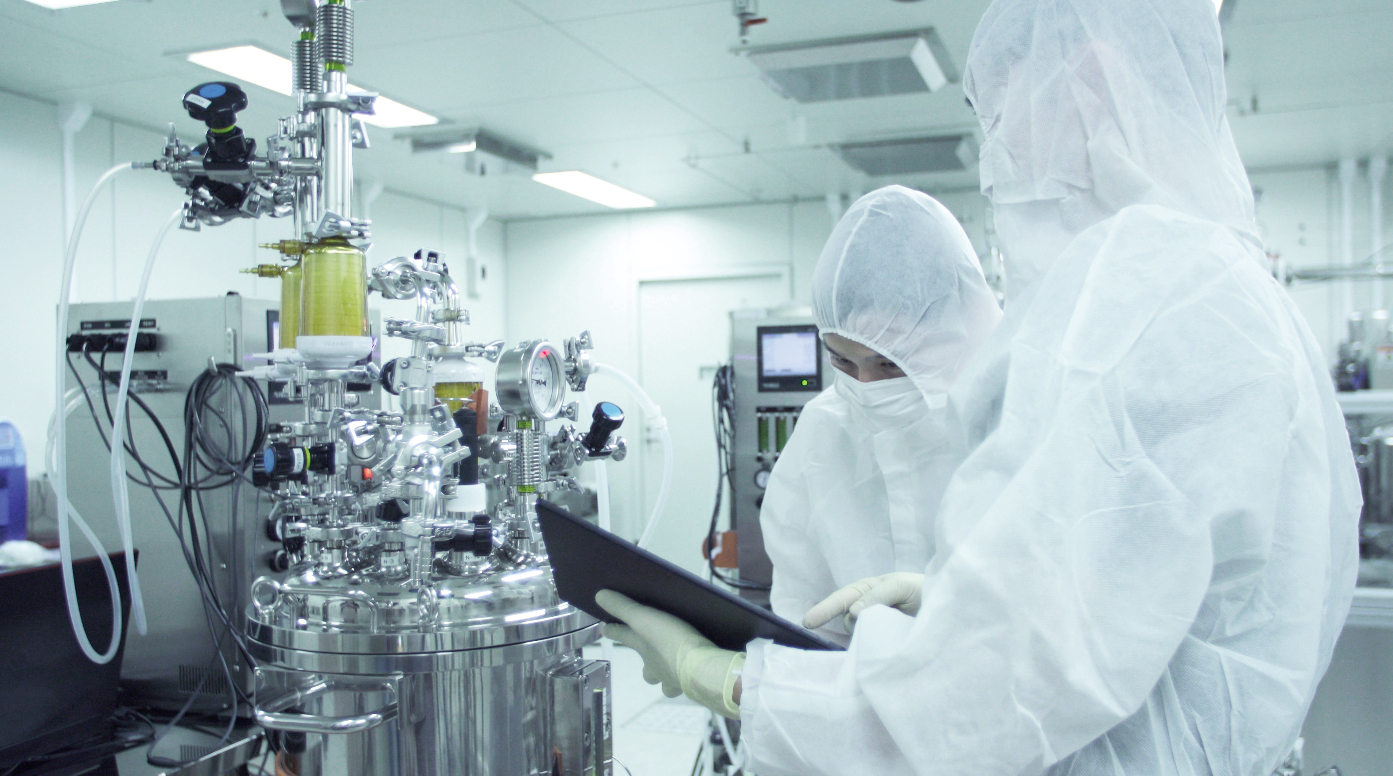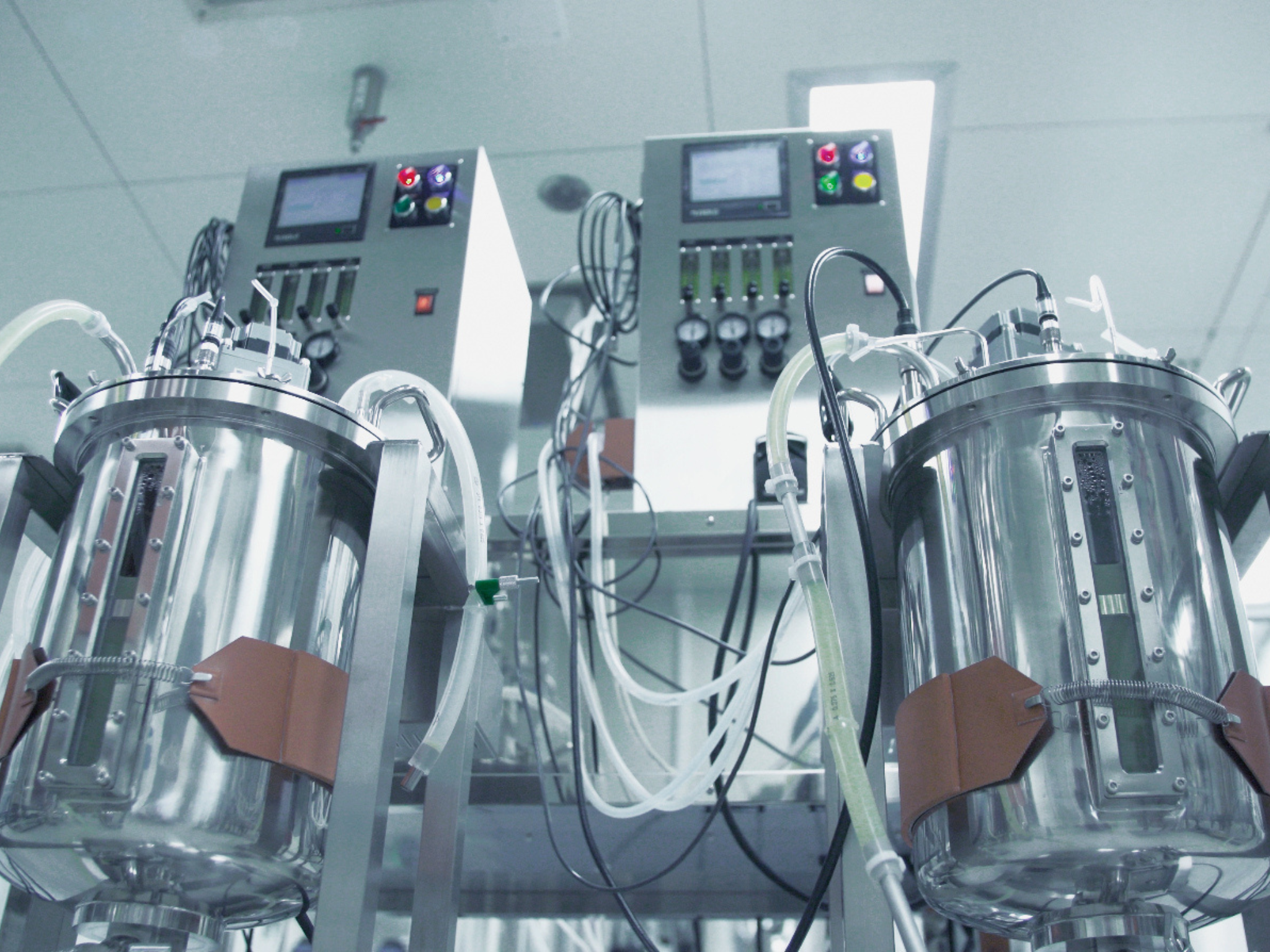Japanese Cell Ag Specialist Develops Cultivated Meat Starter Kit for Startups & Researchers
4 Mins Read
Tokyo-based startup Integriculture has launched a starter kit to drive innovation and accelerate R&D in the cultivated meat sector.
In a bid to make cultivated meat prototyping easier, Japan’s IntegriCulture has created a starter kit for researchers and startups in the field.
The cellular agriculture specialist argues that producing cell-cultured foods – even at benchtop scale – requires extensive specialised equipment, expertise, and funds. The Cell-Cultured Meat Starter Kit removes these hurdles and simplifies the process.
“The starter kit is designed for researchers, entrepreneurs, and experimenters who are exploring cell farming as a new business or research area,” IntegriCulture CEO Yuki Hanyu told Green Queen. “It provides a complete set of essential tools to help you get started.”
It involves an oxygen-permeable bioreactor – created with manufacturing company Sumitomo Riko as part of IntegriCulture’s CulNet Consortium – as well as several other tools to help make prototypes of cultivated meat.
“The kit significantly reduces the time and cost required to source and test various materials for cell culture. By offering a proven combination of materials and culture methods, the kit helps accelerate research and development,” said Hanyu.
A novel bioreactor for cultivated meat

The cultivated meat starter kit includes IMEM1.0 (a base culture medium), iDisper (an agent for cell dissociation), iCoater, (a coating solution for the extracellular matrix), and iFreezer (a solution for cryopreservation).
But the flagship product of the starter kit is the Oxy-thru Cultivator. This novel bioreactor uses Sumitomo Riko’s unique materials and precision moulding technology, and is available in 200ml and 1,000ml sizes (with larger capacities under development). IntegriCulture plans to further design suitable containers and culture methods for each cell type.
“In order to create an environment in which cells can grow, an adequate supply of oxygen is required,” explained Hanyu. “Plastic and glass containers are commonly used for cell culture. Because many of these materials have low gas permeability, oxygen needs to be supplied from a dedicated external device and the medium must be changed frequently to allow cells to grow. This process involves complicated tube connections, which increases the risk of bacterial contamination.
“Because the entire container is made of a material with high gas permeability, oxygen can be supplied from the bottom and sides of the container, and the amount of oxygen in the container can be kept higher than that of conventional products without connection to external devices.
“As a result, the volume of the medium can be increased, leading to an increase in the amount of cells harvested per batch, thus improving productivity. Furthermore, because the material is heat-resistant, autoclave sterilisation is possible.
These features would enable cells to be cultured at higher cell densities while ensuring simple maintenance. “High cell density directly impacts the productivity and cost-efficiency of cultivated meat production,” said Hanyu.
“Oxy-thru Cultivator enables higher cell densities by maintaining optimal oxygen levels throughout the culture process. This increased efficiency allows for larger harvests per batch, ultimately reducing production costs.”
IntegriCulture aims to democratise cellular agriculture

According to IntegriCulture, the cellular agriculture starter kit paves the way for a broader range of entities to “engage in rapid prototyping of the nutritional, organoleptic, and other profiles of cell-cultured food products”.
The starter kit is available at different price points, ranging from S$600-1,400 based on the quantities of products, and companies can negotiate the cost for a more expansive kit too.
“By providing a pre-validated set of materials, the kit minimises the trial-and-error phase, saving time and research costs. The simplified setup also reduces the need for additional equipment and expertise, enabling startups to focus on scaling their operations rather than troubleshooting foundational processes,” said Hanyu.
He added: “Previously, limited access to materials and the secrecy surrounding proprietary combinations made it difficult for new entrants to join the field. Our mission is to democratie cell farming, enabling anyone to participate and contribute to the creation of a new food culture and the realisation of an exciting future.”
Hanyu revealed that IntegriCulture will soon release more products from the CulNet Consortium, which will be added to its B2B marketplace, Ocatté Base. It had already announced five new projects under the initiative earlier this year.
IntegriCulture has so far raised $16.4M in equity funding, and received a ¥1.87B ($13.1M) grant from the Japan government to advance the CulNet platform and make its developments open-source. It has also been working with the Japan Aerospace Exploration Agency and the Tokyo Women’s Medical University on a project involving cellular agriculture and cultivated meat production in space.
The starter kit will be displayed at Agri-Food Tech Expo Asia 2024 in Singapore this week (November 19 to 21), and sold on Ocatté Base. “It will become much easier for anyone to start cultivating cells, which what IntegriCulture Inc is about,” Hanyu said.



